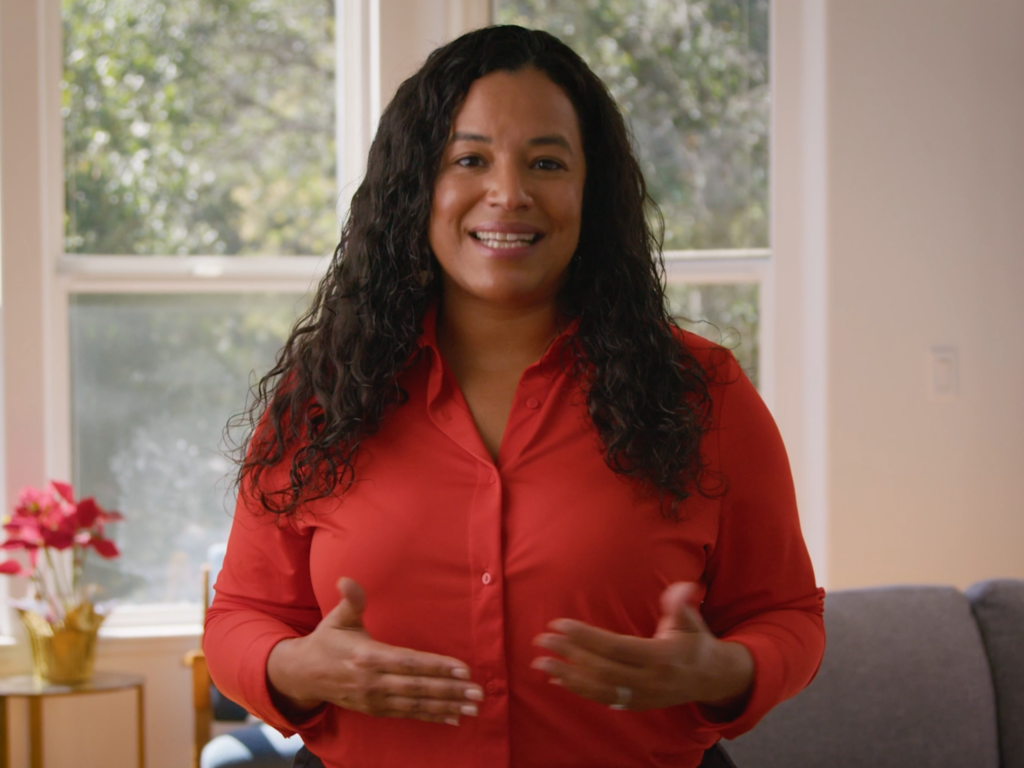Last February, in his first speech at HBS in six years, L. John Doerr (MBA ’76), a partner at Kleiner Perkins Caufield & Byers and one of the world’s foremost venture capitalists, confessed that he stumbled into his line of work with no elaborate strategy in mind. “I just wanted to build a company with a few of my friends,” Doerr told an audience of nearly one thousand HBS students who had gathered for his presentation, offered as part of the Social Enterprise Speaker Series.
Since joining Kleiner Perkins in 1980, Doerr has played a major role in planting the seeds of the new economy, working with start-ups such as Amazon.com, drugstore.com, Netscape, Excite, and Sun Microsystems. Through the years, Doerr and his partners have invested more than $1.3 billion in 250 technology ventures in the United States, creating companies that have generated more than 190,000 new jobs and annual sales in excess of $73 billion.
After chronicling the landscape of the new economy, Doerr remarked, “You probably figured I was going to come here and talk about technology and venture capital. But I think education is the biggest problem we have as a nation, and we have yet to face up to it.” Doerr explained his focus on education and literacy by saying that “education is the key” for a new economy characterized by, and based upon, lifelong learning, multiple careers, and the acquisition and creation of intellectual property. His concern, he said, stemmed from troubling data that suggest that many Americans will be unable to participate in an information-based economy.
“Forty percent of eight-year-olds can’t read,” he observed. “If you can’t read, you can’t run a Web browser. You just fall further and further behind.” Asserting that the American educational system is in crisis, he argued for smaller classes, longer school days, and lots of innovation. “The answer is not just more PCs in the classroom,” Doerr emphasized, as he called for the development of more charter schools and stricter standards of school accountability. He stressed the importance of private-sector organizations in helping public schools improve their curricula and their methods of working with disadvantaged children.
Doerr is cofounder of the New Schools Venture Fund (NSVF), a venture philanthropy fund created by technology venture capitalists and entrepreneurs. Its aim is to help transform public education by developing a nationwide network of entrepreneurs and educators. The NSVF will leverage the expertise and resources of these new-economy pioneers in order to assist promising nonprofit and for-profit K-12 education ventures.
“The NSVF,” Doerr explained, “is not about money — it’s a network of advisors for systemic change” that imports the philosophy of true incubation and venture capital into the education sector. “This is just a seed fund,” he said. “Twenty million dollars won’t make a dent, but the entrepreneurs will.”
Doerr also spoke of his lobbying efforts in California, where he has urged state lawmakers to support legislation favorable to charter schools and to repeal laws that impede them. “Four million dollars and some lobbying efforts,” he said, “resulted in one thousand schools and three billion dollars invested over ten years. That’s big, scalable social change, and that’s just one story. It’s the kind of work that should go on throughout the country.”
Addressing questions about the future of technology, Doerr stated that the Internet is not only the key to social change but also to economic growth and income redistribution on a scale not seen since the first Industrial Revolution. The wiring of the world with fiber-optic cable, he said, combined with the launching of a new generation of satellites, presents the potential for revolutions in communications and health care, as well as in education.
However, Doerr concluded, it’s really too early to get a handle on the changes to come. “It feels like we’re just milliseconds after the Big Bang,” he said, “with only a few laws of physics in this new universe in place.”
This article was based in part on material in the Harbus, reported by Susan Wolf (HBS ’01).


